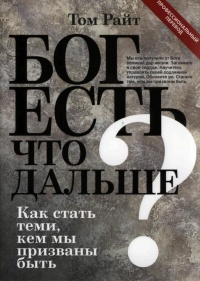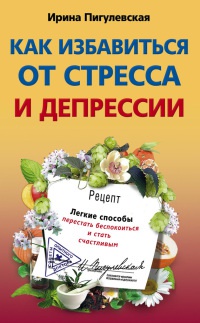Книга Стакан всегда наполовину полон! 10 великих идей о том, как стать счастливым - Джонатан Хайдт
На нашем литературном портале можно бесплатно читать книгу Стакан всегда наполовину полон! 10 великих идей о том, как стать счастливым - Джонатан Хайдт полная версия. Жанр: Книги / Психология. Онлайн библиотека дает возможность прочитать весь текст произведения на мобильном телефоне или десктопе даже без регистрации и СМС подтверждения на нашем сайте онлайн книг knizki.com.
Шрифт:
-
+
Интервал:
-
+
Закладка:
Сделать
Перейти на страницу:
Перейти на страницу:
Внимание!
Сайт сохраняет куки вашего браузера. Вы сможете в любой момент сделать закладку и продолжить прочтение книги «Стакан всегда наполовину полон! 10 великих идей о том, как стать счастливым - Джонатан Хайдт», после закрытия браузера.
Книги схожие с книгой «Стакан всегда наполовину полон! 10 великих идей о том, как стать счастливым - Джонатан Хайдт» от автора - Джонатан Хайдт:
Комментарии и отзывы (0) к книге "Стакан всегда наполовину полон! 10 великих идей о том, как стать счастливым - Джонатан Хайдт"
























